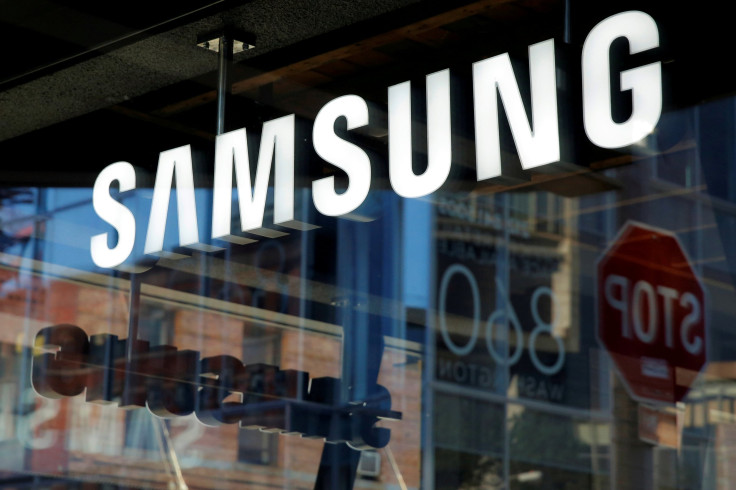Samsung Replacing Intel, Qualcomm As Top Chipmaker, Taking Lead In Other Smartphone Components As Well

Samsung is not just among the world’s largest smartphone companies, it is slowly becoming one of the largest suppliers of backend components as well. The company could soon replace Intel as a top global chipset maker.
Samsung is expected to reach $15.1 billion in chipset sales in the second quarter of the fiscal year 2017, Korea Times reported Tuesday citing a report by Japan’s Nomura Securities. The South Korean smartphone giant is also expected to override Intel in annual chipset sales forecast — it is expected to clock $63.6 billion in comparison to Intel’s $60.5 billion.
Read: Samsung Building World's Biggest OLED Production Facility For Apple iPhone 8 Display Orders
According to Nomura, the increase in the demand for smartphone components such as DRAM and solid state drives has led to a price hike, resulting in the high sales.
Nomura’s prediction is in line with industry tracker IC Insights which had said in May: "If memory market prices continue to hold or increase through the second quarter and the balance of this year, Samsung could charge into the top spot and displace Intel, which has held the No. 1 ranking since 1993."
Intel has held the number one spot for 24 years, ever since it unveiled its Pentium chipsets in 1993. But, despite continued success in making PC processors, the company did not do as well in smartphone chipsets and lagged behind Samsung, Qualcomm, and Nvidia. The fact that a smartphone chipset maker is becoming bigger than one of the names synonymous with CPUs, the world over is now taken over by a company making smartphone chipsets highlights the popularity of smartphones.
Moreover, Samsung is investing $18.6 billion in South Korea to make smartphone components, which might make its lead indomitable, at least for some time.
Samsung no longer depends just on smartphone sales — more than half its profits come from smartphone component sales, according to PhoneArena. The company, which is one of the world’s largest smartphone manufacturers, is slowly moving from just making smartphones such as its S-series and Note series devices to supplying other smartphone companies with components.
While this might seem like a conflict of interest since it has to compete with the same companies in the market, Samsung has taken a different approach in this regard too — it has branched out into subsidiaries such as Samsung Display and Samsung SDI.
Samsung Display will build the world’s largest OLED plant to manufacture displays for Apple iPhones and other devices, according to Korean publication ETA news. The company has also partnered with Qualcomm for the FinFET technology. The technology is used in making 10-nanometer processors which are much more powerful and performance-efficient than the current 14-nanometer processors.
Read: Samsung Working On Non-Exploding Solid State Batteries: Report
The company is also rumored to be working on solid-state batteries which would massively cut down the risk of explosion in comparison to the current lithium-ion batteries.
While Apple might be the biggest smartphone company in terms of market valuation, the rate at which Samsung is going, it will soon become the behemoth of smartphone suppliers.
© Copyright IBTimes 2024. All rights reserved.





















